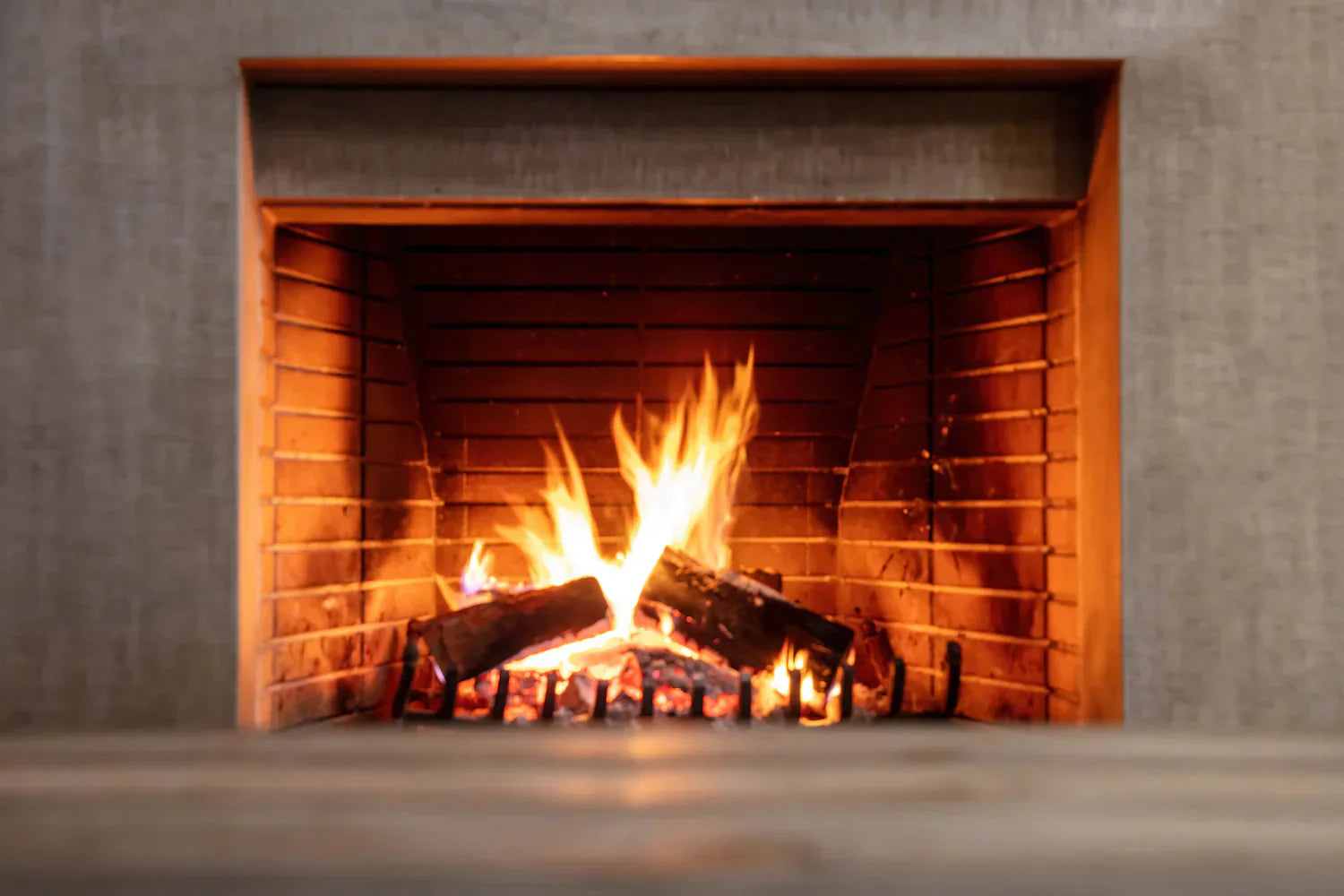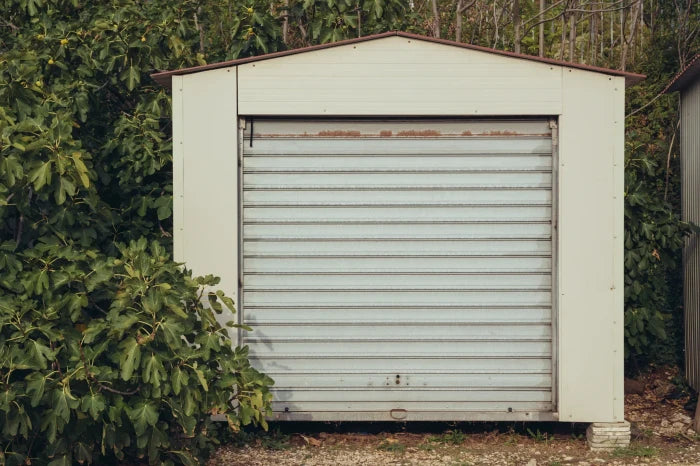With the rising cost of energy and the pursuit of a more sustainable lifestyle, wood-burning stoves have seen a huge surge in popularity across the UK. Cosy, efficient, and often more affordable than gas or electric heating, it’s no surprise they’ve become a go-to solution for over 1.5 million households.
But are they under threat of being banned?
Here’s everything you need to know about the new regulations for wood burners, what’s changing, what’s not, and how to stay on the right side of the law — while still keeping warm this winter.
What's Changing?
As of the Environmental Improvement Plan 2023, the government has tightened restrictions on smoke emissions in a bid to tackle air pollution — especially in Smoke Control Areas (typically towns and cities).
The new rules limit emissions to:
-
3 grams of smoke per hour, down from 5g
-
Applies to all stoves used in Smoke Control Zones
Failing to comply could land you with:
-
A £300 on-the-spot fine
-
Potential prosecution if chimney smoke continues to breach limits
Want to check if you live in a Smoke Control Area?
Visit your local council website for up-to-date information.
What Is the “Ecodesign” Standard?
Since January 2022, all new wood burners, multi-fuel stoves, and fireplaces sold in the UK must meet Ecodesign standards.
To be compliant, a stove must:
-
Be independently tested by an approved laboratory
-
Burn fuel efficiently with low emissions of particulate matter, carbon monoxide, and nitrogen oxides
-
Display the Ecodesign label
Using an Ecodesign stove with properly seasoned wood is considered a low-carbon, sustainable method for heating your home.
What Can You Burn?
Certain fuels are now banned or restricted:
| Banned Fuels | Approved Fuels |
| Wet/green wood | Kiln-dried wood (moisture <20%) |
| House coal | “Ready to Burn” certified wood |
| Unauthorised solid fuel | Smokeless fuels like anthracite or DEFRA-exempt logs |
Burning unauthorised fuel could land you a £1,000 fine.
Look for “Ready to Burn” certification when buying wood or solid fuels.
What About Health Concerns?
According to Defra and The British Lung Foundation, domestic wood burning contributes a significant portion of PM2.5 particles — fine pollutants linked to serious health issues, including asthma, lung cancer, and heart disease.
-
Defra estimates 38% of PM2.5 emissions come from domestic burning
-
Road transport by comparison, contributes around 14%
While the stove industry disputes these figures, health organisations continue to campaign for greater public awareness and better practices for indoor air quality.
Will Log Burners Be Banned?
No. There are currently no plans to ban log burners outright.
Defra’s 2023 Environmental Improvement Plan makes it clear:
“The government recognises that some households rely on solid fuels for heat, hot water and cooking, and does not intend to outlaw their use.” — Thérèse Coffey, Secretary of State for Defra
The focus is on cleaner burning — not banning.
Outdoor household burning (such as BBQs, fire pits and bonfires) also won’t be banned, although cleaner practices are encouraged.
Wood burners are not going anywhere, but the way you use them matters more than ever.
- Switch to an Ecodesign stove
- Use approved, low-emission fuels
- Use sustainable heating solutions
- Keep your chimney well-maintained
- Be mindful of where you live (especially in Smoke Control Areas)
If you're looking to stay warm without the fines — or want to upgrade your old stove — check out Ecodesign models from HETAS-certified suppliers.



